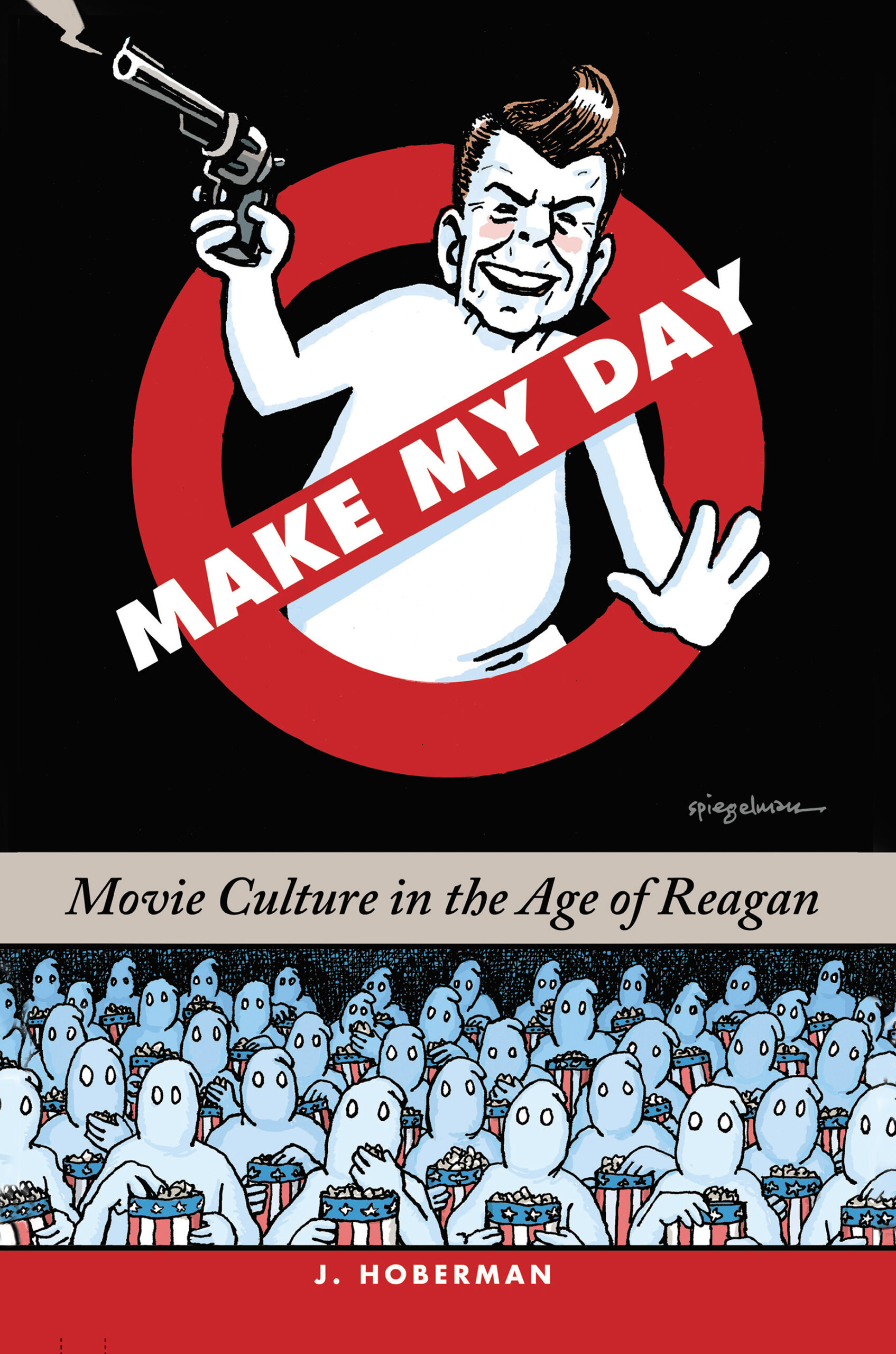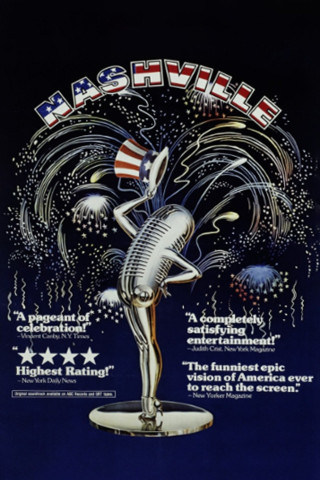Two kinds of filmmaking passed each other that month. Nashville was intellectual and exclusive, Jaws visceral and populist; Nashville looked back to the 1960s, Jaws ahead to the 1980s. Altman was a grizzled hippie whose “favorite things,” according to his wife, were “smoking dope and having good parties.” Spielberg had been an abstinent member of the counterculture. “In my entire life I’ve probably smoked three joints,” he told Rolling Stone in 1978. Spielberg’s drug experiences were largely vicarious. “I would sit in a room and watch TV while people climbed the walls.”
Old enough to be the twenty-eight-year-old wunderkind’s father, Altman had fought his way out of television to become the ultimate studio maverick; Spielberg grew up with television and was a precocious industry insider. (Julia Phillips, the Hollywood hipster who would coproduce Spielberg’s next project, Close Encounters of the Third Kind, considered it her duty to introduce him to a more youthful crowd: “Steven was hanging out with men who were too old for him. Who bet and drank and watched football games on Sunday. Who ran studios and agencies.”)
Altman was more direct in stating his intentions, setting his narrative in the Bicentennial Year of 1976 and calling Nashville his “metaphor” for America, but Jaws, too, was perceived as essentially American: in praising Altman, Kael evoked Fred Astaire and “the great American art of making the impossible look easy.” Time, meanwhile, termed Jaws a “rather old-fashioned, very American way of making a movie.”
No doubt that Nashville and Jaws appeared at a moment when Americans were looking for some way to feel good about themselves. The season’s other national success story had seemed similarly old-fashioned and impossibly easy. On May 12, with the new Communist states of Cambodia and Vietnam at war, the Cambodians detained the American container ship Mayaguez as it passed through the Gulf of Thailand. Coping with his first international challenge, President Gerald Ford convened the National Security Council, which was informed by Secretary of State Henry Kissinger that there was a greater issue than the capture of a single American merchant ship: in order to reestablish the nation’s credibility, at home as well as abroad, it was necessary for the U.S. to exercise its military might.


